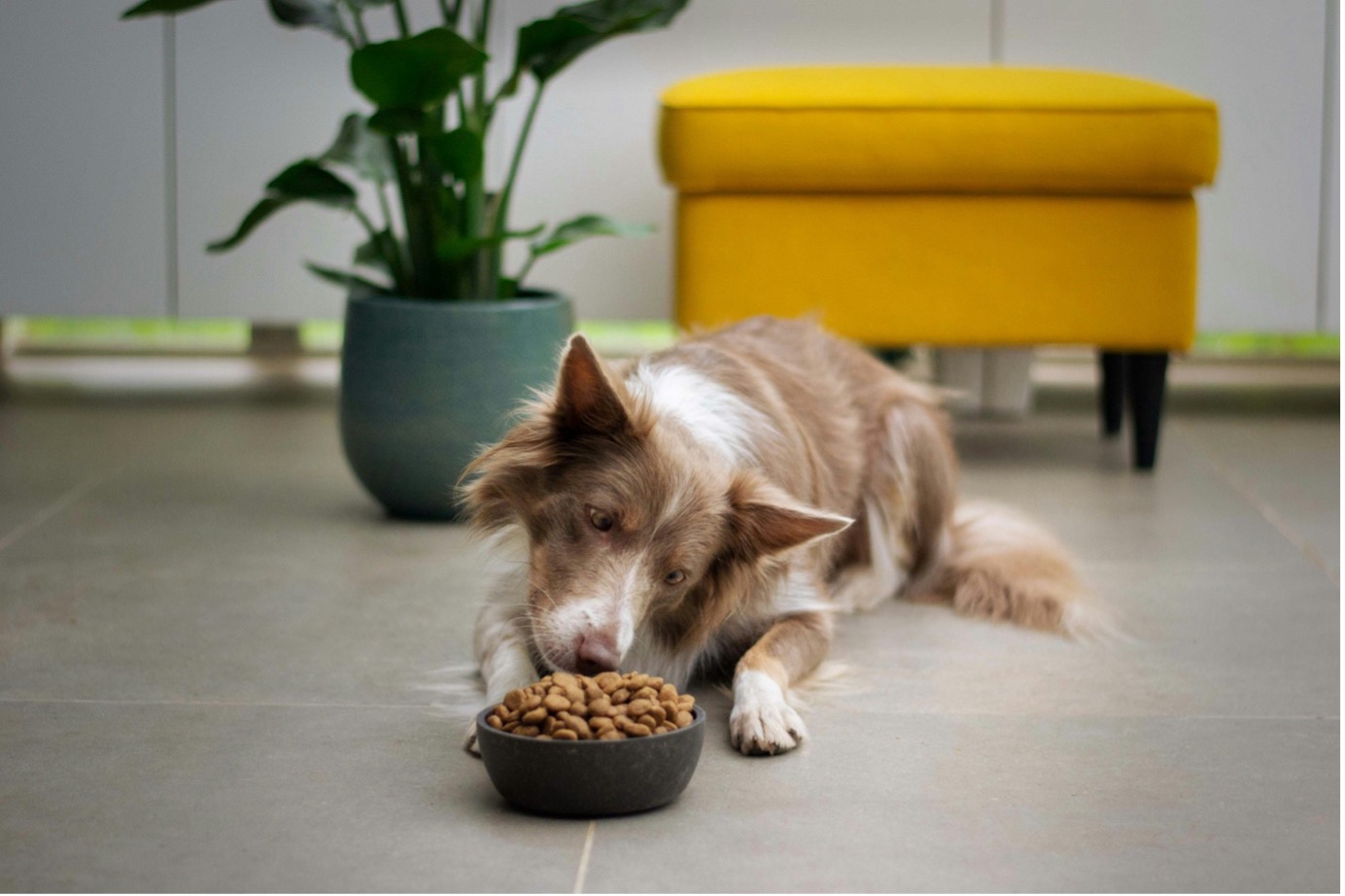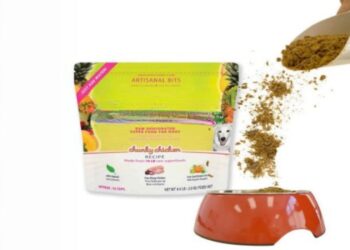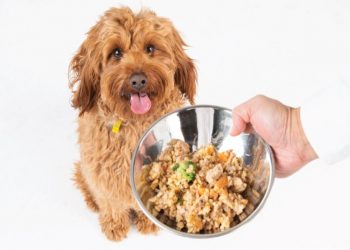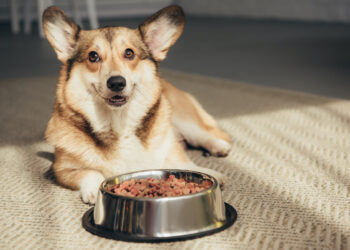Pet owners may find it challenging to choose either a grain-free diet or with grains. It has been considered that grain-free dog foods are right for dogs. According to FDA some grain-free dog foods such as lentils, peas, and potatoes can cause DCM (dilated cardiomyopathy). Here we are sharing the Pros and Cons of a Grain-free Diet. Let’s dive into the blog
What is a grain-free diet?
A grain-free diet for dogs refers to pet food that doesn’t contain grains or cereal grains as ingredients. Here are the following grains free foods that can be used as alternative carbohydrate sources such as:
- Potatoes
- Sweet Potatoes
- Peas
- Lentils
- Chickpeas
- Tapioca
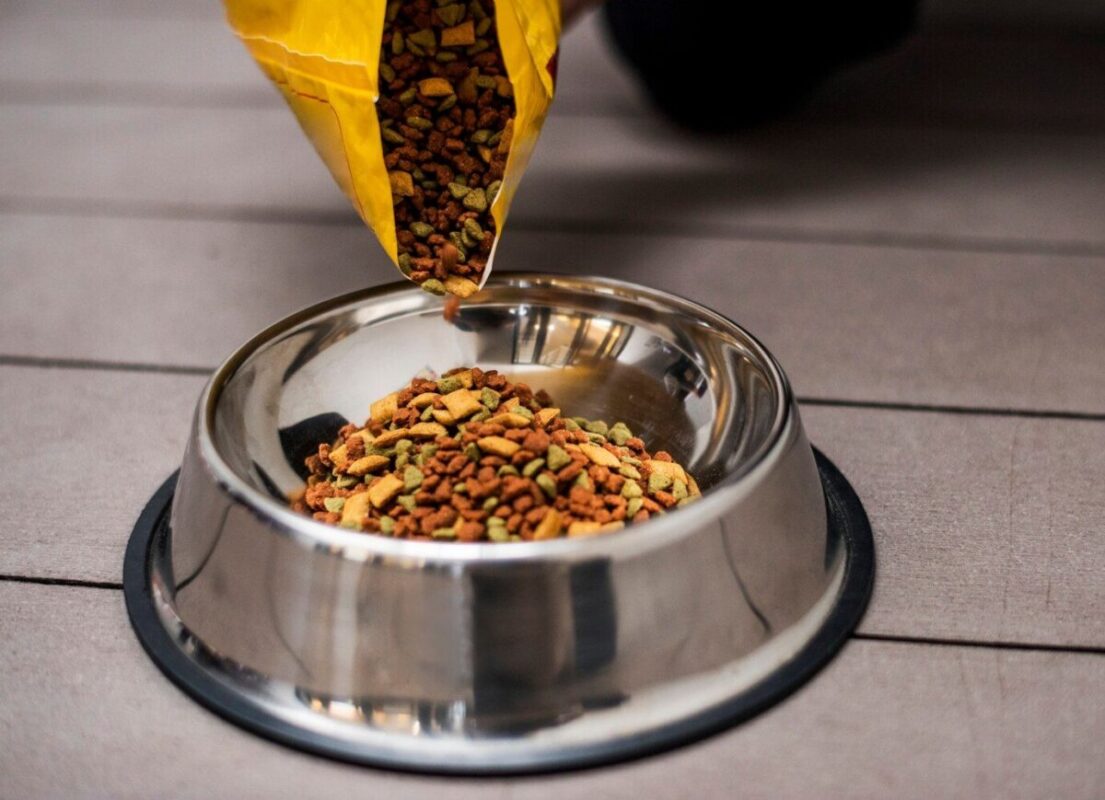
Pros of a grain-free diet
Allergy control
A Grain-free diet is considered best for dogs with allergies. Grain especially wheat and corn are common allergens for some dogs. If you are switching to grain free formula such as Royal Canin dog food, it can help to alleviate skin irritations, digestive issues and other allergy symptoms.
Improvement in Digestion
Grain-free dogs help to improve the digestion of carbohydrate sources like potatoes, sweet potatoes and legumes. It can help to better nutrient absorption and reduce gastrointestinal issues.
Help to lose weight
Grain free diet may help your furry friend to lose weight. Refined grains don’t have much nutritional value and processed grain products are not filled with healthy ingredients. Replace refined grains with more nutritious foods for dogs like proteins, vegetables, fruits and seeds that can help you to feel fuller for longer.
Benefit blood sugar management
Refined grains are quickly digested into simple sugars that can cause blood sugar spikes and quick crashes. Eating less refined grains can monitor these levels in dogs.
Healthier skin and coat
Grain-free diet has fatty acids essential for maintaining healthy skin and soft fur with natural ingredients in dogs. A grain-free diet could work wonders for those pets who have dry skin or shed a lot of fur. You can choose salmon oil as a supplement to their diet to boost omega oils.
Boost health and Activity level
Grain-free dog food helps to improve overall health and activity levels. This food provides your dog with the much-needed energy for optimal activity.
Related >>
- 7 Must-Dos to Identify Quality Dog Food
- 6 Essential Nutrients to Look For in Your Pet’s Dry Dog Food
- The 5 Best Fish Foods
Cons of Grain-free Dog diet
Expensive
Grain-free dog food is more expensive but if you can afford then switching to this can help your furry companion to boost well-being.
Not suitable for less active dogs
It can help to boost the level of activity for your canine friend. If he is senior he doesn’t require the energy available in a grain-free diet. It contains significant proteins that can make older and less active dogs overweight.
Challenging for picky eaters
Some dogs may not like grain-free dog food or it may take some time to accept it. Normal dogs can easily turn down new food on their first try but others may avoid it multiple times. You should always consider whatever they prefer to eat.
High in carbohydrates
Grain-free dog food can have high carbohydrate content. It may not be suitable for those dogs on a low-carbohydrate diet. Keep in mind, if your dog has type 1 diabetic or is strictly on a non-carbohydrate diet then feeding him grain-free dog food isn’t suitable.
Related >>
Summary
These are the pros and cons of grain-free dog food. You should consider the health, age and nutritional requirements of your dog. Whenever you change your dog’s diet, consult your vet because changes in diet can affect the gastrointestinal system.


